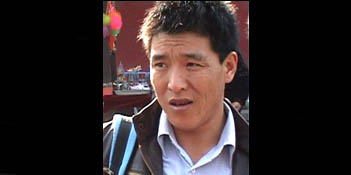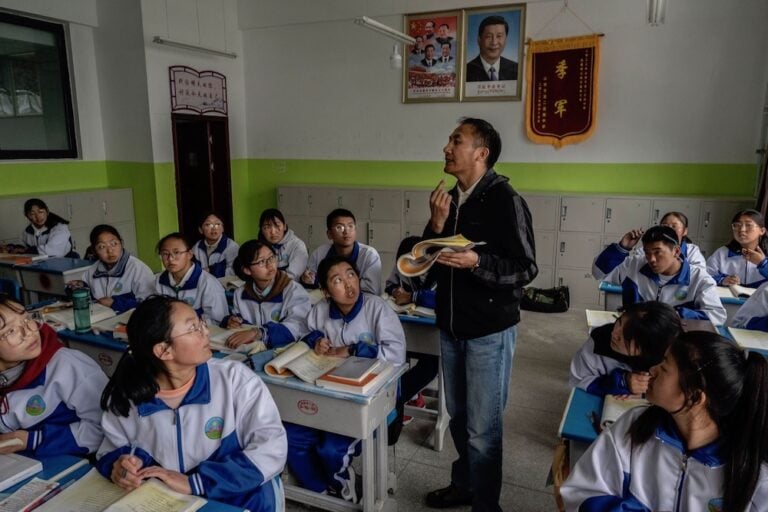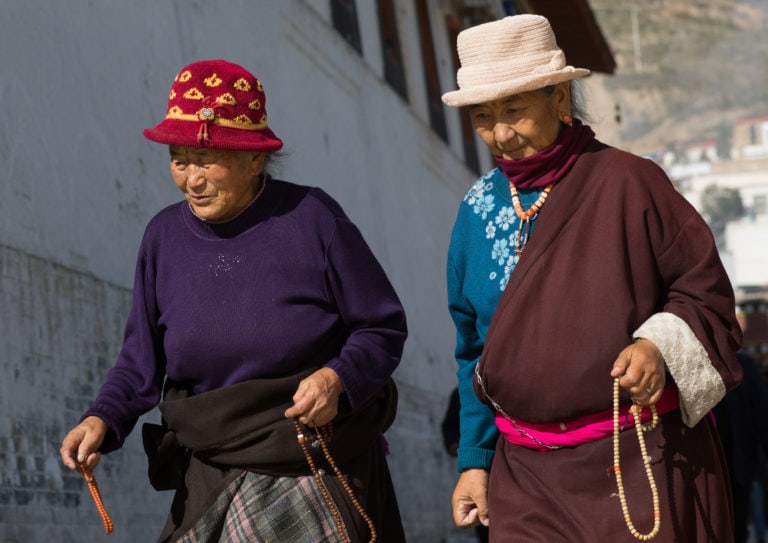"My trial has started. There is no good news I can share with you," wrote filmmaker Dhondup Wangchen in a letter addressed to his family.
(RSF/IFEX) – “My trial has started. There is no good news I can share with you. It is unclear what the sentence will be.” So says Tibetan filmmaker Dhondup Wangchen in a letter he recently wrote to his family in Chinese from his prison cell in the western city of Xining. A cousin who is a refugee in Switzerland has confirmed its authenticity.
“At a time when US President Barack Obama is about to visit China, we appeal to the Chinese authorities for a goodwill gesture regarding Dhondup Wangchen, who has been held since March 2008 and whose ill health is not compatible with prolonged detention,” Reporters Without Borders said.
“Given that his only crime was to interview Tibetans for a documentary, his release should be approved without delay,” the press freedom organisation added. “A prison sentence would an insult to the spirit of openness that was affirmed during the Beijing Olympic Games.”
Dhondup writes in his letter: “A few days ago I had a terrible nightmare and I struggled with the thought that something terrible has happened at home. I am worried about my aged father and mother. I am very worried. Would it be possible to inform me about their situation? Please be frank with me. With regard to my situation there is no need to worry. I will face my fate. While I am aware that a release will be very difficult and I may remain here for a longer period there is a feeling that I have failed to be a more caring son for my parents. My trial has started. There is no good news I can share with you. It is unclear what the sentence will be.”
Dhondup’s wife, Lhamo Tso, told Reporters Without Borders: “My husband has committed no crime. President Obama is regarded as a champion of peace. I hope that he will intercede on behalf of prisoners, including my husband.” She is appealing to the international press to support Dhondup.
In his letter, Dhondup voices concern about his wife and four children, who sought refuge in India after he began filming interviews in Tibet.
Dhondup’s Chinese lawyer, Li Dunyong, was prevented from representing him during a hearing in July and since then he has been forced to drop the case. During one of their few meetings, Dhondup told Li that he had been tortured and that he had hepatitis B.
The interviews that Dhondup filmed in Tibet were used for a documentary that was screened during the Beijing Olympics.



